Call us now: 0141 429 8166
Call us now: 0141 429 8166
Communications between a client and their solicitor are generally confidential and attract Legal Professional Privilege, or LPP. LPP is a much stronger protection than applies to other confidential communications. For example, a court can order disclosure of confidential medical records, but it doesn’t have the power to force disclosure of truly privileged legal communications.
The concept of LPP is not always well understood. It comes from the common law, meaning there is no Act of Parliament that sets its parameters. There have been relatively few reported decisions of the Scottish courts. In the past, decisions often used the word ‘confidentiality’ to refer to what we now understand to be privilege.
Helpfully, the UK Supreme Court recently indicated that the law of privilege in Scotland was substantially the same as in England, where there has been much more in the way of judicial consideration. Some recent Scottish cases have also helped to clarify the position.
If you require assistance with this area of the law, it is vital that you get specialist criminal legal advice as soon as possible. Call our criminal defence lawyers today on 0141 429 8166 or by completing our online contact form.
LPP can often be a source of difficulty in complex criminal investigations, particularly in the field of financial or white-collar crime. When carrying out searches, the police will commonly recover material which may attract privilege. Many business transactions, for example, take place with near-constant legal advice being obtained and acted upon. What happens, then, if the police seize a large quantity of material, some of which may include or refer to that legal advice?
Until recently, search warrants granted by the Scottish courts made no provision for what to do with privileged material. Police officers were not always familiar with the concept; even prosecutors could find it difficult. That created the real risk that privileged material would just be treated like every other piece of evidence: read, taken into account, disclosed and used in evidence.
Following a series of critical decisions by the courts, police, prosecutors and judges (in particular sheriffs granted warrants) should now be much more aware of the issue of LPP during criminal investigations. Warrants where privileged material may be recovered should make provision for its recovery – usually a variant on the ‘blue bag’ concept, where potentially privileged material is segregated and not reviewed until some judicial determination of whether it is truly privileged is made. But that still leaves a number of questions. What if it’s not obvious to the investigator, prosecutor or judge that privileged material might be recovered? How do the police work out whether something is potentially privileged without looking at it? What should be done with, for example, a computer, that might contain thousands of documents, some of which are privileged?
Any individual or company in this situation needs to get urgent and effective advice. Livingstone Brown have experience of acting in such situations for both accused and third parties affected by such investigations. Our work has included negotiating privilege agreements with the police and Crown, as well as successfully petitioning the court to reduce (strike out) warrants that do not make adequate provision for privilege.
As Scottish lawyers, Livingstone Brown helps clients who come into contact with the Scottish criminal justice system. The firm conducts cases across the country, but its clients come from all parts of the UK and beyond.
To find out more, contact us on 0141 429 8166 or complete our online enquiry form.
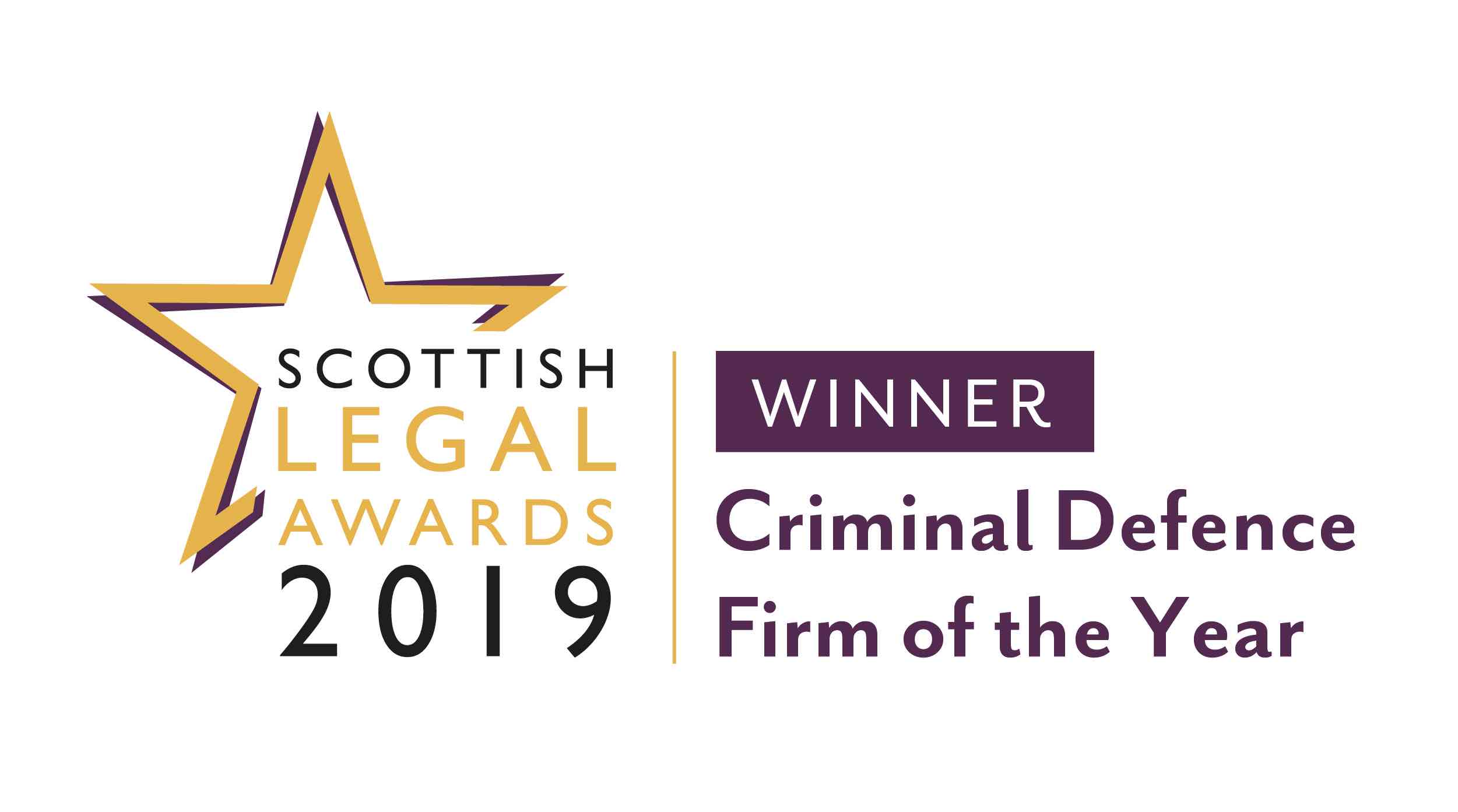
Livingstone Brown is a leading firm of Scottish solicitors. Based in Glasgow, but dealing with cases around the country, the firm has been at the forefront of legal service provision for over thirty years.
If you have a legal problem, getting good quality legal information at the earliest stage can be invaluable. The firm offers a free initial enquiry service; all you have to do is call in, telephone, or e-mail. You won't be charged for your enquiry; we'll let you know by return whether we can help, what we can do, and how much it's likely to cost. We can also offer legal aid where available.
Led by former senior partner Gerard Brown CBE, who continues as a consultant, the firm has built up an enviable reputation for quality of service and client care.
The firm has won various awards over the years. In the 2019 edition of the prestigious Legal 500 rankings Livingstone Brown was ranked as a 'top-tier' firm for general criminal work, and is also recommended for fraud cases. Stuart Munro and Gerard Brown were named as 'Recommended Lawyers'. In the Chambers directory the firm has a Band 1 ranking for criminal work, and Stuart Munro is a ranked financial crime lawyer. The firm was named Criminal Defence Firm of the Year and Family Law Team of the Year at the Scottish Legal Awards 2019.
Reliable, expert advice you can trust. Get in touch today


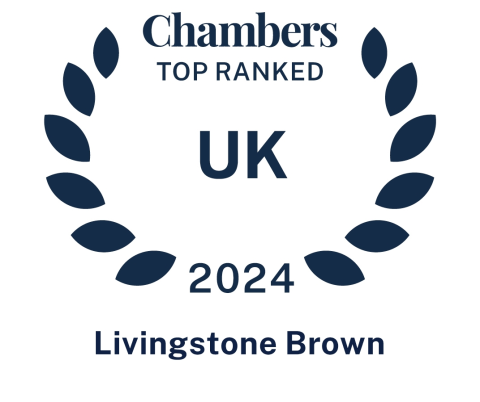
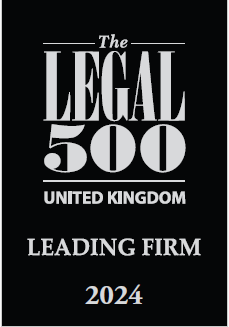

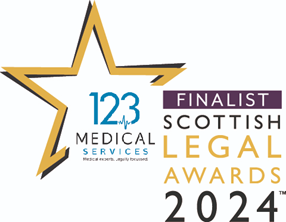

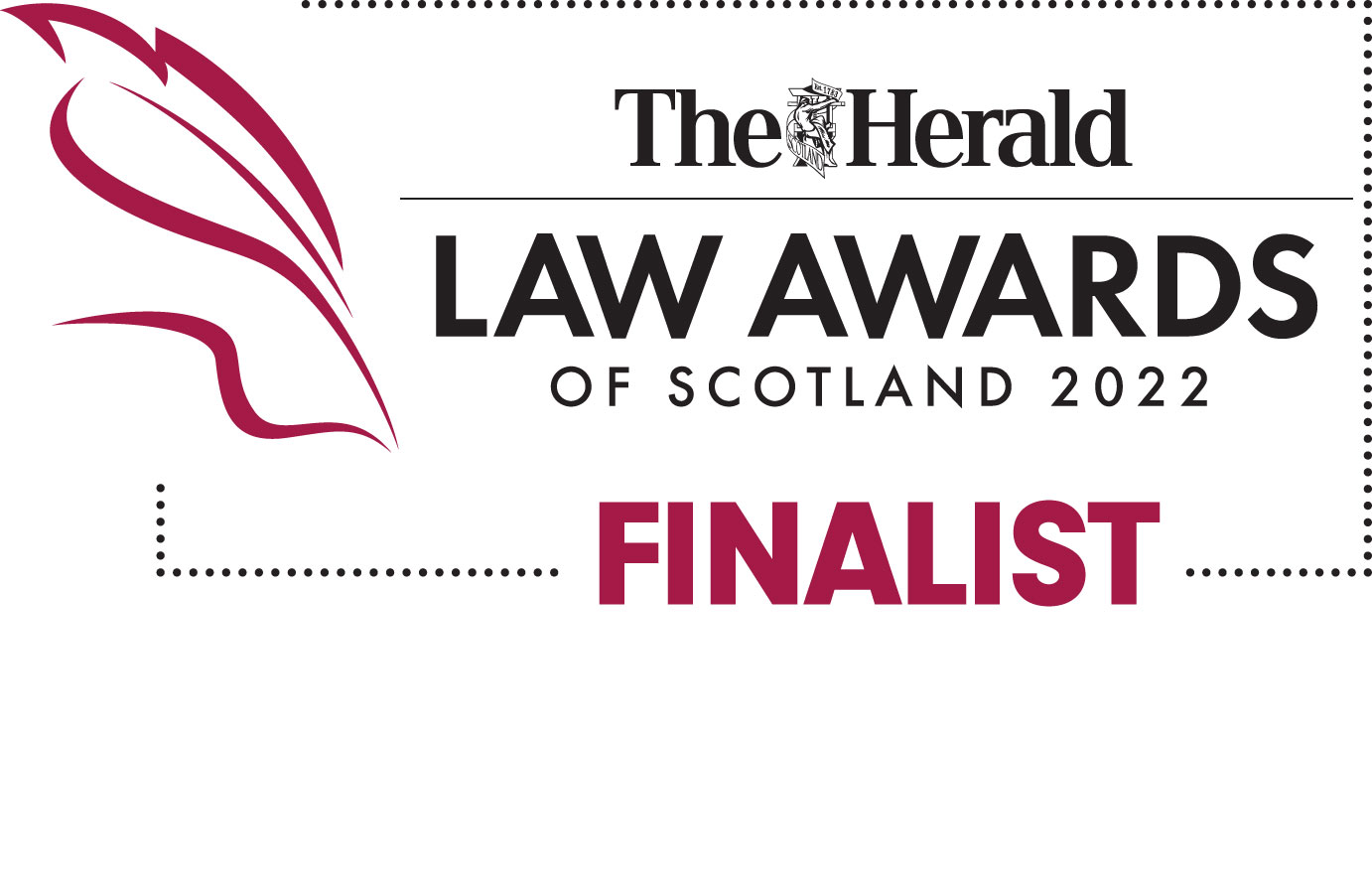


AWARD WINNING, SCOTTISH SOLICITORS